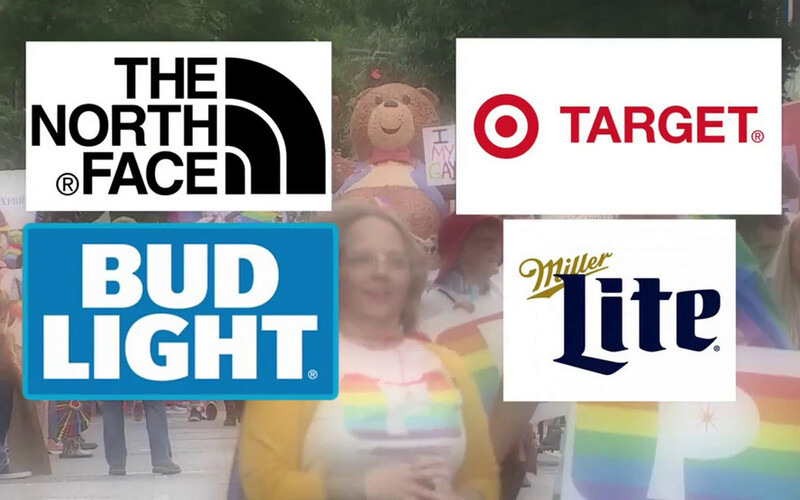Brand backlash: How marketing strategies, consumer attitudes are impacting companies

[ad_1]
WASHINGTON (TND) — Ahead of Pride Month, Target has pulled some items from its stores after backlash over its Pride Month collection. As some companies see hits to their business for their marketing strategies, others say LGBTQ people are being attacked in a divided America.
From Bud Light’s partnership with a transgender influencer to Pride merchandise at Target, we’re hearing of more companies facing controversy, not just for products but for who and what is featured in their campaigns.
“Leaders and leadership teams can go ahead and roll out whatever strategies they want to that caters to any demographic or psychographic platform and or group of people they want but they also have to remember the consumers, or the stakeholders, and the court of public opinion, those people in the marketplace have the right to vote with their feet and their pocketbook, and they are,” according to Fallston Group crisis leadership expert Rob Weinhold.
Some have said they believe brands are connecting their products to political beliefs.
In a statement, the founder, president and CEO of Moms for America Kimberly Fletcher said in part, “moms will not tolerate sexualized marketing that targets our children and pushes radical far-left propaganda on them.”
At the same time, organizations like GLAAD said the threats Target received “should be a wake-up call for consumers and is a reminder that LGBTQ people, venues, and events are being attacked with threats and violence like never before.”
Despite a recent statement by Target saying they’ve been offering products to celebrate Pride Month for more than a decade, the quick spread of information through social media has allowed consumers to react quickly, according to experts.
From a business perspective, they point to company boycotts and loss in revenue.
Bud Light’s parent company said earlier this month it will triple its marketing spending this summer in the U.S. as it attempts to boost sales that dipped after its brand partnership.
“Inducing a little bit of risk is good, in fact, that’s how innovation happens, and so they’re going to continue to innovate, they’re going to continue to find new and interesting markets and avenues to try to promote their products but they also have to be aware that if you stumble, those stumbles do have a price,” said professor of Business at the University of the Incarnate Word.
A Bentley-Gallup Force for Good study found Millennial and Gen Z Americans expect more from businesses regarding social and environmental responsibility than older Americans.
[ad_2]
Source link

